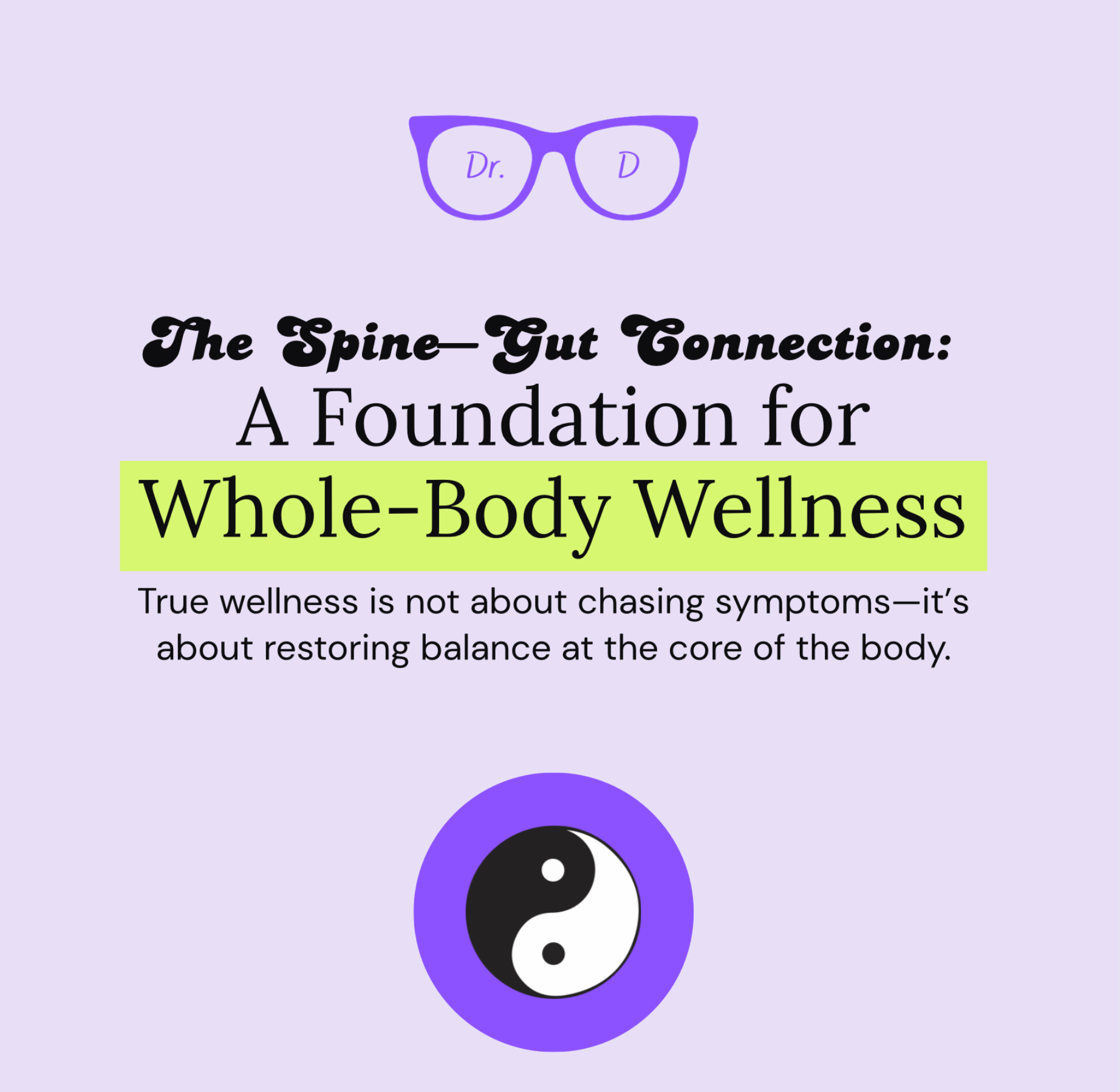How Do You Treat Brain Fog? If You’re Feeling Super Out Of It, These 5 Tips Might Help
Brain fog and its symptoms can prevent you from concentrating, recalling memories, and can lead to mental fatigue.

Do you ever feel like in the middle of the work day you've expended your usefulness at work? After the caffeine rush has worn off, do you feel like you need a nap before you can do anything else productive? Your afternoon exhaustion or dip in energy isn't just in your head - well, it is - but it's a real issue called brain fog, aka mental fog or clouding of consciousness. The symptoms of brain fog can vary, but it is characterized by fatigue, forgetfulness, poor memory, difficulty focusing, and overall decreased mental performance while working or performing tasks. Though anyone can suffer a bout of brain fog, it is routinely associated with chronic illnesses, such as chronic fatigue syndrome, lupus, or Fibromyalgia (people who live with Fibromyalgia usually refer to brain fog as "Fibro Fog"). Mental illnesses are also linked to more frequent episodes of brain fog.
While there is no official cause of brain fog, experts believe it can be influenced by number of factors, or a combination of things. In addition to chronic illness, your sleep habits, hormones, and digestive health may play a role in worsening brain fog.
Fortunately, if you find yourself experiencing this type of mental exhaustion on the regular, small lifestyle changes can help you overcome this frustratingly fuzzy thinking. Here are five ways to fight brain fog, according to science.
1. Sleep. Sleep. Sleep.
Studies have shown that sleep deprivation can have a profoundly negative impact on your cognitive health - leading to memory problems, sluggishness, and changing how your brain functions at a cellular level (yes, really). Since brain fog is sometimes caused by fatigue, one of the most assured ways to cure a serious case of brain fog is by getting a good night's rest. This means aiming to get the recommended seven to nine hours of sleep every night.
What's more, if you like to take naps, give it a go and give your brain a break. However, try to limit your midday siesta to 20 minutes, since most experts agree napping for much longer than that can actually be detrimental to your health.
2. Change Your Diet To Include Brain-Boosting Foods
Looking to brain-gut connection can help explain brain fog. In fact, research has shown there's a bilateral connection between your digestive health and mental health - meaning, if the healthy bacteria in your gut aren't happy, your brain probably won't be either (and vice versa). Try writing down your food intake along with your symptoms and note if any particular foods are associated with lower mental acuity.
3. While You're At It, Take Prebiotics and Probiotics
Since gut health can impact cognitive functioning, you can improve the microbiome with diet, probiotics, and prebiotics if you want to beat brain fog. Both prebiotics (aka, high-fiber foods that healthy gut bacteria feed on) and probiotics are naturally found in a variety of fruits, vegetables, and fermented foods you can get from Dr. Diana at your next visit. Or schedule an appointment by calling or texting (602) 524-0222.
4. De-stress Your Life With Self-Care
Stress or anxiety can be a cause of brain fog. So prioritizing self-care is essential to beating mental fatigue. Meditation, taking a hot bath, and developing other healthy coping skills will help improve your mental health, and by extension, your brain fog. Even if you have a busy schedule, finding time for a few moments of mindfulness can be key: In fact, as some research reports that just ten minutes of mindful meditation a day improved cognitive function.
5. Exercise
Sometimes the best way to clear your mind is by moving your body. According to research, the benefits of exercise come directly from its ability to reduce insulin resistance, reduce inflammation, and stimulate the release of growth-factors - chemicals in the brain that affect the health of brain cells, the growth of new blood vessels in the brain, and even the abundance and survival of new brain cells. What's more, another study discovered that exercise can improve thinking skills in people as young as 20.
You don't need to do high intensity workouts, or go for a five-mile run everyday: Sometimes as simple as a brisk walk, or a short yoga session on your lunch break can do the trick.
When you are experiencing brain fog, finding the motivation to do some of these activities may be difficult in the moment. However, your brain will thank you for taking the time to slow down, and smell the metaphorical roses. Brain fog is definitely frustrating, but by adopting a few lifestyle changes, and scheduling an appointment with Dr. Diana, you can give yourself the boost you need to beat the mental exhaustion.
Schedule an appointment today.
CALL or TEXT (602) 524-0222





